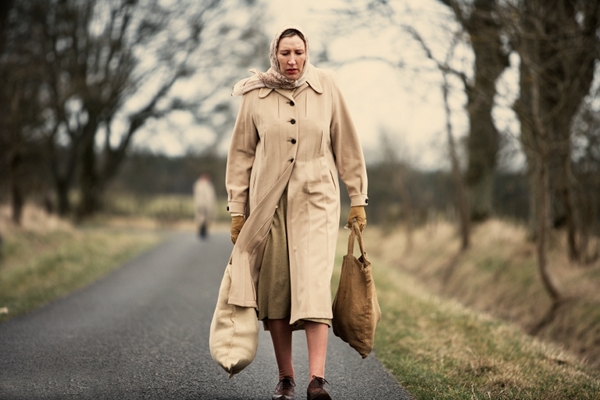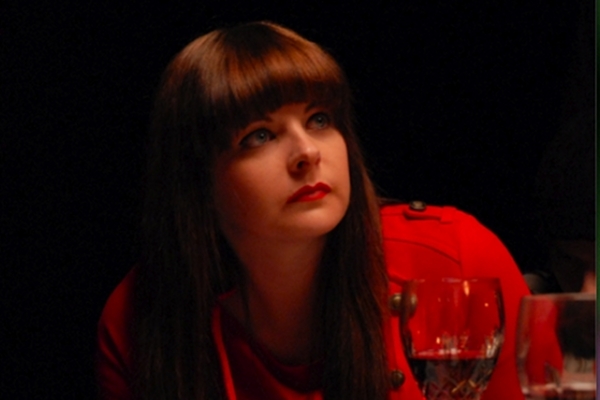Who are we – and who do we think we are? How do we make the selves we present to the world – and who are we really, underneath the social masks we wear every day? These are some of the questions posed by Self Made, an extraordinary debut feature by acclaimed British artist Gillian Wearing.
A hybrid undertaking, Self Made is at once documentary, artwork, social experiment and performance project – bringing together a diverse group from the British public, non-actors every one, and offering them the chance to discover something about themselves through performance.
In 2007, Gillian Wearing placed an advert – in newspapers, online, in job centres and elsewhere. It read: “Would you like to be in a film? You can play yourself or a fictional character. Call Gillian.” Of the hundreds of people who replied, seven – chosen through an extended process of auditions, interviews and workshops – ended up appearing in Self Made.
Of those seven, five in particular use the acting technique known as Method to delve into their own memories, impulses, anxieties, fears, fantasies and inner resources to create a series of individual performance vignettes, their personal ‘end scenes’, that reveal with particular intensity and clarity who they really are deep down – or who, in another version of their lives, they might easily have been.
In collaboration with Method teacher Sam Rumbelow – and the participants’ mentor in this adventure into the self – Gillian Wearing has made a film that poses pressing questions about individual identity, the way it functions in society, and the extent to which we all create our visible selves as a daily performance.
But what if another type of performance were possible – one which enabled us to drop the mask and draw on our deepest emotional resources to create, if only once, a moment of intense, and intensely creative, being?
This is what the Self Made participants work towards, using Sam Rumbelow’s Method coaching – a one-off programme of exercises created specifically for this film. Following a process that involves such techniques as ‘Basic Relaxation’ & ‘Sense Memory’ – accessing deep-rooted memories of physical sensations – and acting exercises specifically tailored to the group members, each participant is finally ready to act out a filmed micro-drama that reflects a specific and centrally urgent issue in his or her life.
Lian addresses her feelings of rejection and her difficult relationship with her father; Lesley explores her own problems in finding and accepting love; James tackles the scars caused by his childhood experiences of being bullied; Dave, a determined loner and self-confessed ‘wind-up’, confronts his mortality; and Ash faces up to his worst fears about the kind of man he could have become.
As we watch the group working together in the studio, then performing their own ‘end scenes’, a complex and searching portrait of each person emerges.






